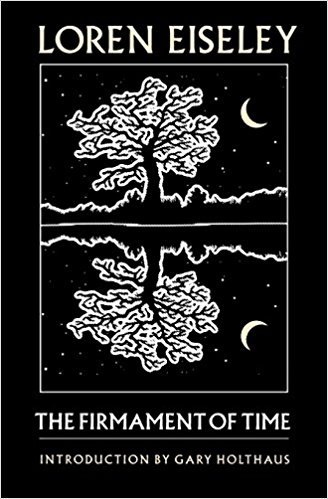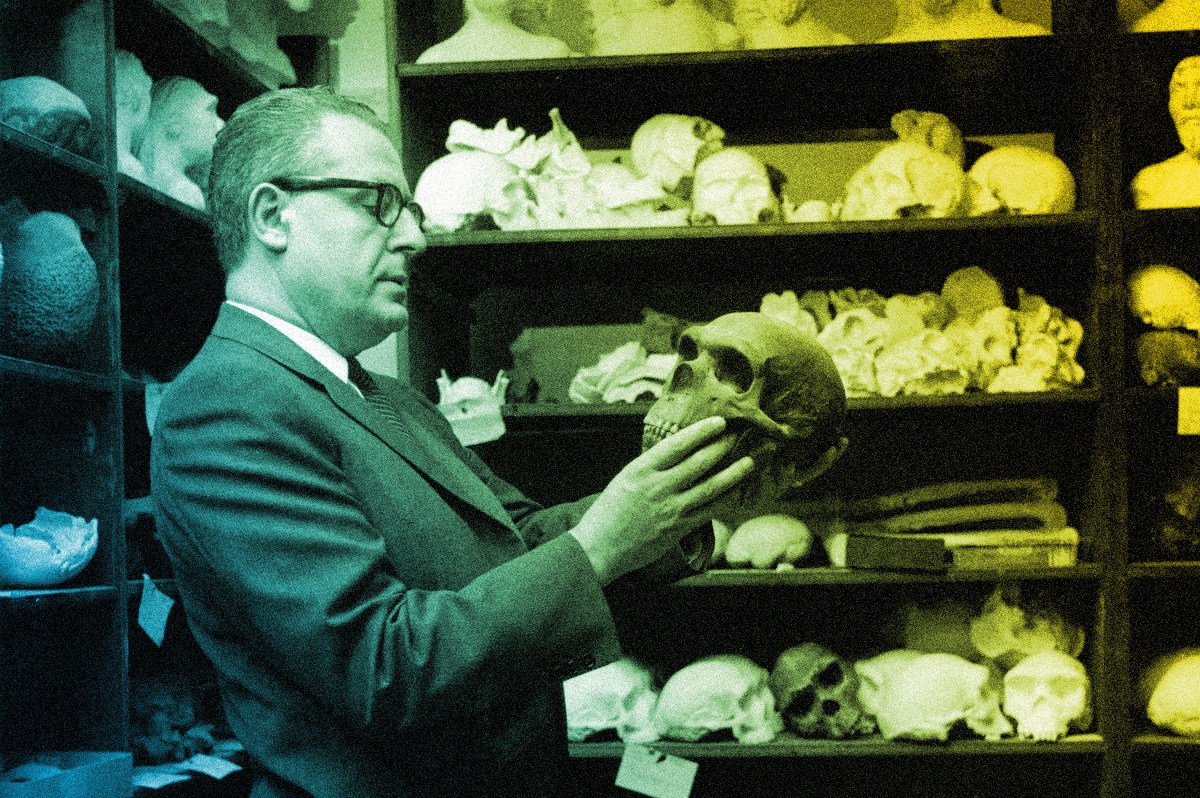
In his beautiful 1948 manifesto for breaking the tyranny of technology and relearning to be nourished by nature, Henry Beston lamented: “What has come over our age is an alienation from Nature unexampled in human history. It has cost us our sense of reality and all but cost us our humanity. ” And yet his admonition fell on ears increasingly unhearing as the decades rolled on with their so-called progress. The poet Jane Hirshfield captured this in her stirring anthem against the silencing of nature: “The silence spoke loudly of silence, / and the rivers kept speaking, / of rivers, of boulders and air.”
How to undeafen ourselves to the song of reality and redeem our humanity from alienation is what the great anthropologist, philosopher of science, poet, and natural history writer Loren Eiseley (September 3, 1907–July 9, 1977) explores with tremendous insight in a portion of his 1960 book The Firmament of Time (public library), which gave us Eiseley’s perceptive and poetic exploration of the relationship between nature and human nature.

Recounting a revelatory experience he had under a New England boat dock, amid the roar of motor boats and the bustle of rampant tourism, Eiseley writes:
As I sat there one sunny morning when the water was peculiarly translucent, I saw a dark shadow moving swiftly over the bottom. It was the first sign of life I had seen in this lake, whose shores seemed to yield little but washed-in beer cans. By and by the gliding shadow ceased to scurry from stone to stone over the bottom.
Unexpectedly, it headed almost directly for me. A furry nose with gray whiskers broke the surface. Below the whiskers green water foliage trailed out in an inverted V as long as his body. A muskrat still lived in the lake. He was bringing in his breakfast.I sat very still in the strips of sunlight under the pier. To my surprise the muskrat came almost to my feet with his little breakfast of greens. He was young, and it rapidly became obvious to me that he was laboring under an illusion of his own, and that he thought animals and men were still living in the Garden of Eden. He gave me a friendly glance from time to time as he nibbled his greens. Once, even, he went out into the lake again and returned to my feet with more greens. He had not, it seemed, heard very much about men. I shuddered. Only the evening before I had heard a man describe with triumphant enthusiasm how he had killed a rat in the garden because the creature had dared to nibble his petunias. He had even showed me the murder weapon, a sharp-edged brick.

The post The Muskrat and the Meaning of Life: Loren Eiseley on Reclaiming Our Sense of the Miraculous in a Mechanical Age appeared first on FeedBox.